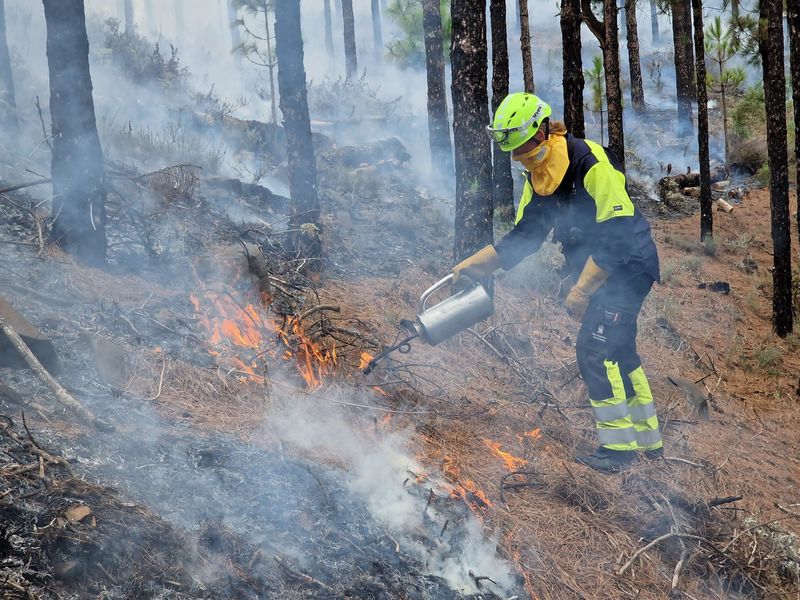The European project CARMINE – “Climate-resilient development pathways in metropolitan regions of Europe” has officially started by having its kick-off meeting in Bucharest on 12 and 13 March. During the coming four years, the CARMINE consortium will work with a range of stakeholders to support European metropolitan communities to become climate-resilient by 2030.
In the current context of climate change, the rising extreme climate and weather events more and more are making it necessary to enhance the resilience of populated areas vulnerable to climate hazards such as more frequent and longer heatwaves and changing wildfire regimes. Furthermore, the effectiveness of adaptation and mitigation measures relies on the integration of multiple sectors and voices. CARMINE will follow a co-creation and co-development approach involving multiple actors to achieve this.
Led by the Administratia Nationala de Meteorologie, the CARMINE consortium is composed of 31 partners from eight countries representing research and private organisations, universities, and multiple-level authorities. They will study risks and assess traditional and nature-based solutions to enhance adaptation in eight areas across Europe, including Barcelona. Together with the climate risk intelligence company Mitiga Solutions, the Pau Costa Foundation will coordinate the actions taking place in Barcelona.
“Here (in Barcelona), we will focus on drought and wildfires. There will be an important game simulating the wildfire regime in Barcelona in the context of climate change, and seeing what the needs and most appropriate nature-based solutions are”, explains Guillem Canaleta, from the Pau Costa Foundation and co-coordinator of the Barcelona case study.
These nature-based solutions are sustainable forest management to reduce water demand and reduce the risk of large wildfires, and promoting ecosystems that are better adapted to new drought conditions.
“We will work closely with the local actors (managers of the Collserola Natural Park, the City Council, etc.) to see how we can help and we all can integrate into their way of working what we will generate”, adds Guillem.
Supported by scientific data and computer simulations of climate change-associate risks and vulnerabilities, CARMINE will generate a knowledge-based framework to address adaptation and mitigation in the eight case study areas, which includes actions such as the development of risk assessments and recommendations to support decision-making at multiple governance levels.
With this, the project hopes to support the European Union’s strategy on adaptation to climate change and strengthen science-based decision-making in risk management and the local adaptive capacity, among other things.






